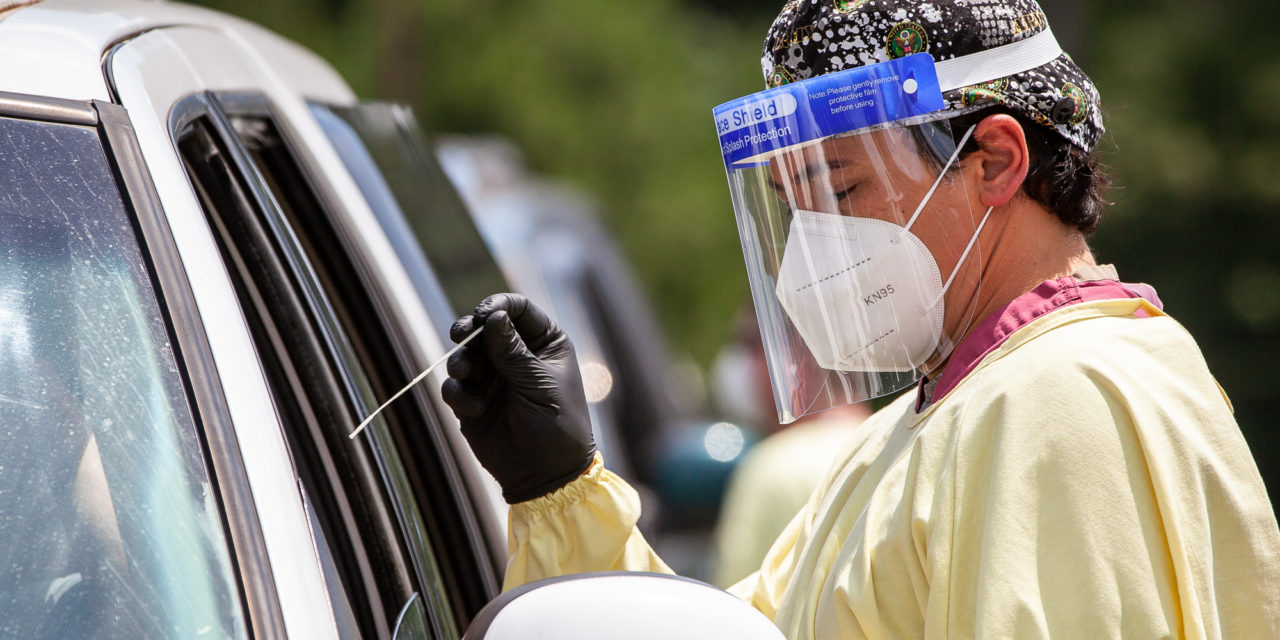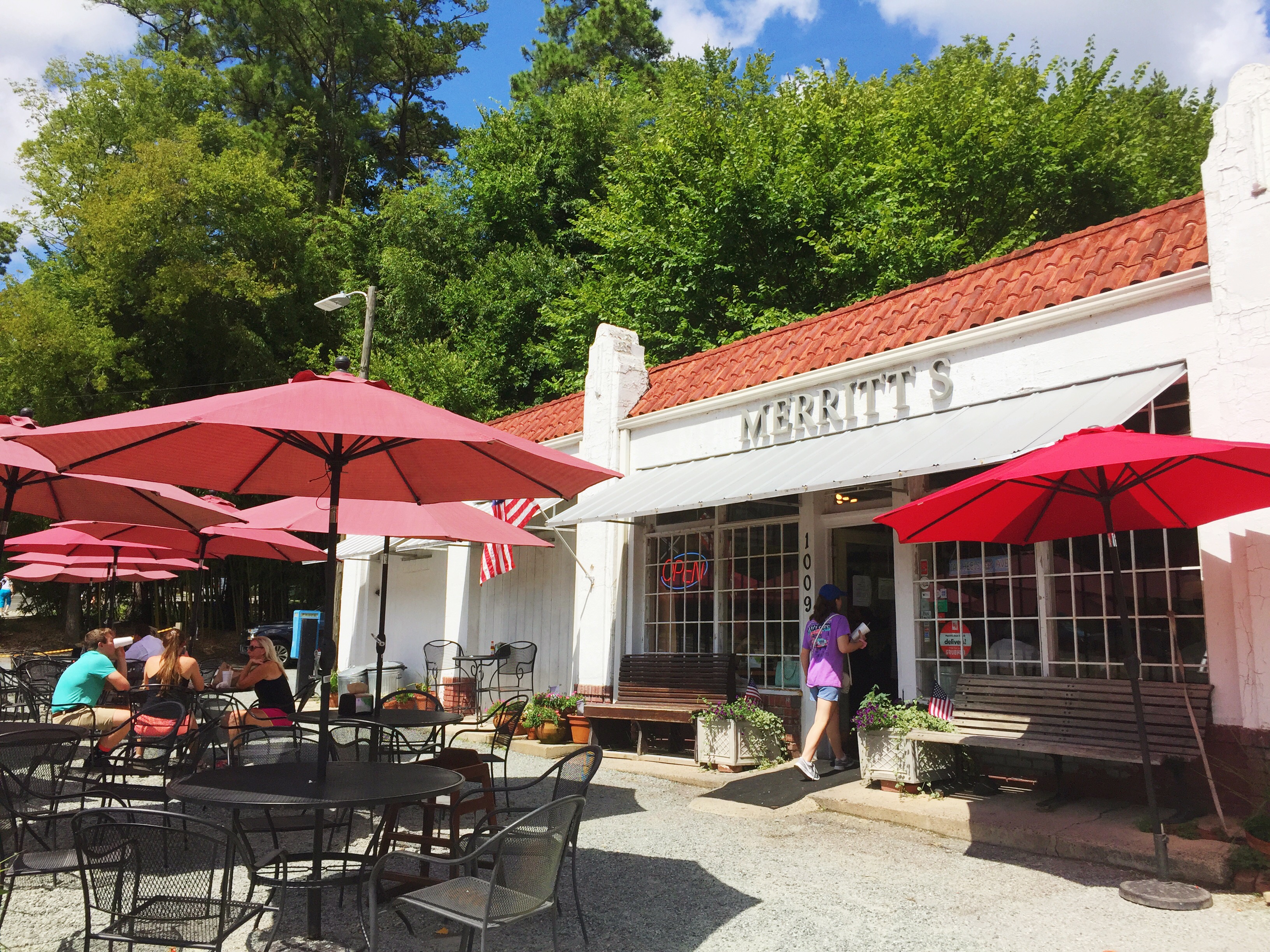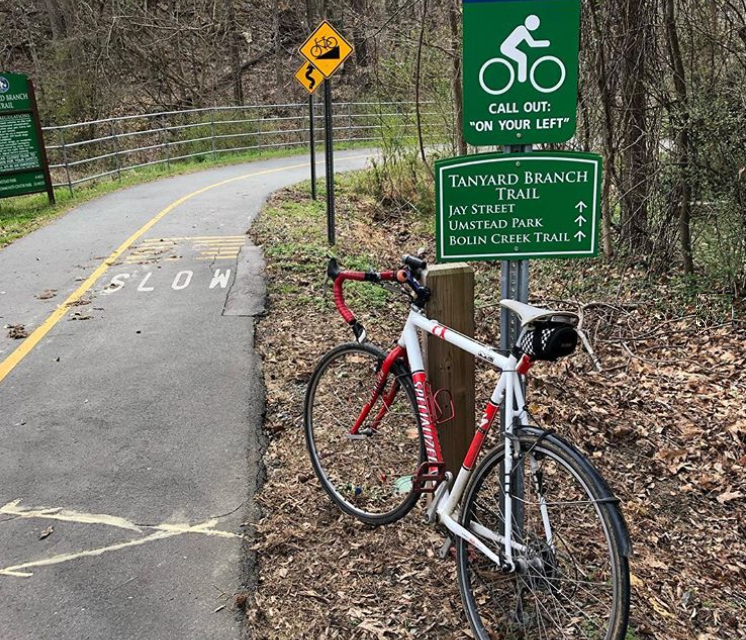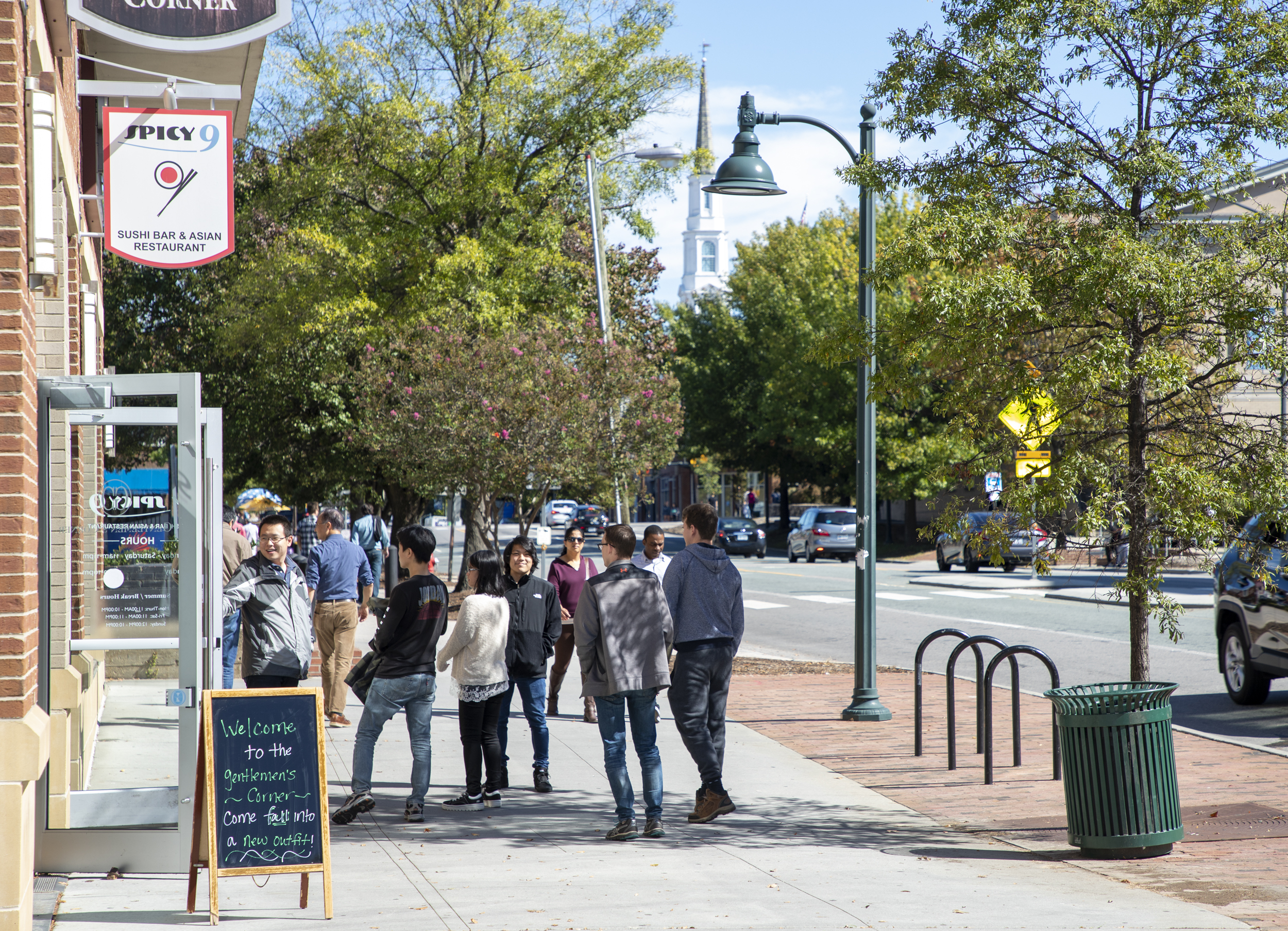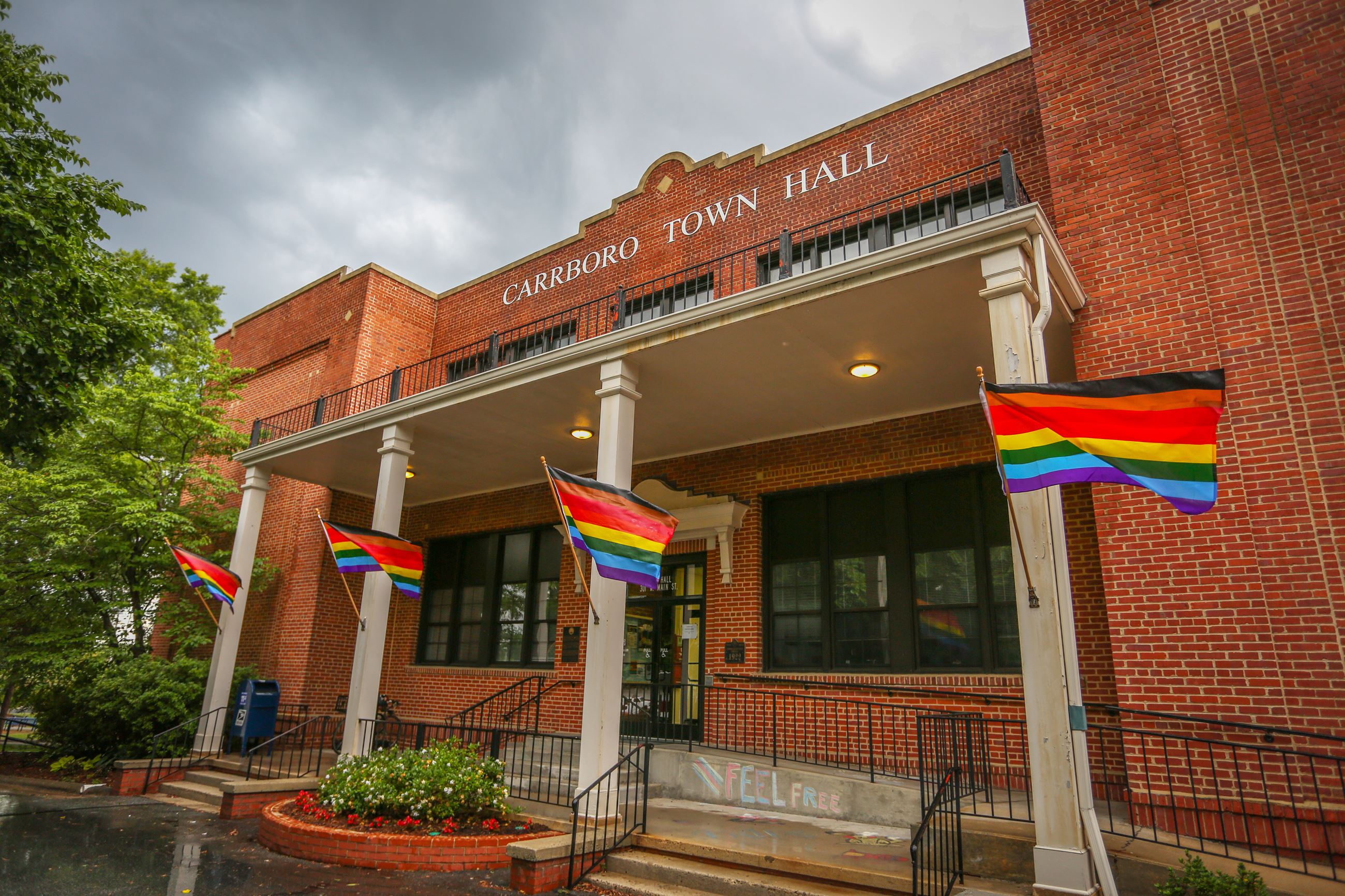Amid changing guidelines from the state and federal government, Orange County may soon have to alter its COVID-19 State of Emergency order to expire ahead of schedule.
After being extended multiple times over the course of the pandemic, Orange County’s State of Emergency was amended this March to continue through June 30, 2021. Initially implemented in March of 2020, the county’s State of Emergency allows local governments to meet virtually while employing increased safety measures.
In March’s amendment, the Orange County governments moved to align all current and future COVID guidelines to comply with Governor Roy Cooper’s latest executive orders.
Earlier this month, Governor Cooper announced two new executive orders that lift most mask requirements for fully vaccinated people and finish scaling back mass gathering limits and social distancing measures in North Carolina.
Now, Orange County governments are looking to adapt their own State of Emergency to be in compliance with the state.
“What we do is, myself, along with the mayors of the three towns, we will talk and decide how we want to proceed because we want to do this in a unified way,” said Chair of the Orange County Commissioners Renee Price.
She said outside of the ability to hold government meetings virtually, keeping the county’s State of Emergency in place has several benefits.
“In connection with that declaration is a moratorium on evictions and collection of payment on utility bills,” Price said. “So, we have to be cognizant of the fact that some people still are unemployed – some people may not even have a job to return to – and the last thing we would want is for people to be homeless.”
Chapel Hill Mayor Pam Hemminger said the local governments need permission to extend their State of Emergency beyond the state’s. Enacted on May 14, Executive Order 215 lifts COVID-19 restrictions to reflect new public health recommendations and ends North Carolina’s State of Emergency the second week of June.
“So, we’re still under a State of Emergency from the governor’s orders through June 11 and then we have our own State of Emergency through the end of June,” Hemminger said. “We can’t have a State of Emergency unless we get permission that’s longer than the governor’s, so we’re waiting to hear [about that].”
Hemminger said most of the towns have expressed that they would rather phase back COVID-19 restrictions slowly, as more residents are vaccinated, and town staff prepare for a return to in-person operations.
“We’re hoping that we’re not physically coming back to meeting in-person for town meetings until after our summer break,” Hemminger said. “We just think it’s better to be able to work that out because we’re looking at a hybrid model in the fall where people can still participate virtually if that’s what they feel more comfortable doing.”
She said the town has experienced an uptick in community participation since it first transitioned to virtual meetings. Hemminger said they need more time to adjust to new state and federal guidelines and figure out how to reopen town facilities with proper cleaning and safety protocol in place.
“The Orange leaders, we did feel it was a little early to lift all restrictions at this point in time,” Hemminger said. “We would have like to have phased it in, but we are doing better – we have more evidence, more data to understand how this virus is transmitted – so it’s an ever-evolving situation, but we’re all hopeful that we’re going to get back to a new normal as the summer months progress.”
Chapelboro.com does not charge subscription fees. You can support local journalism and our mission to serve the community. Contribute today – every single dollar matters.

